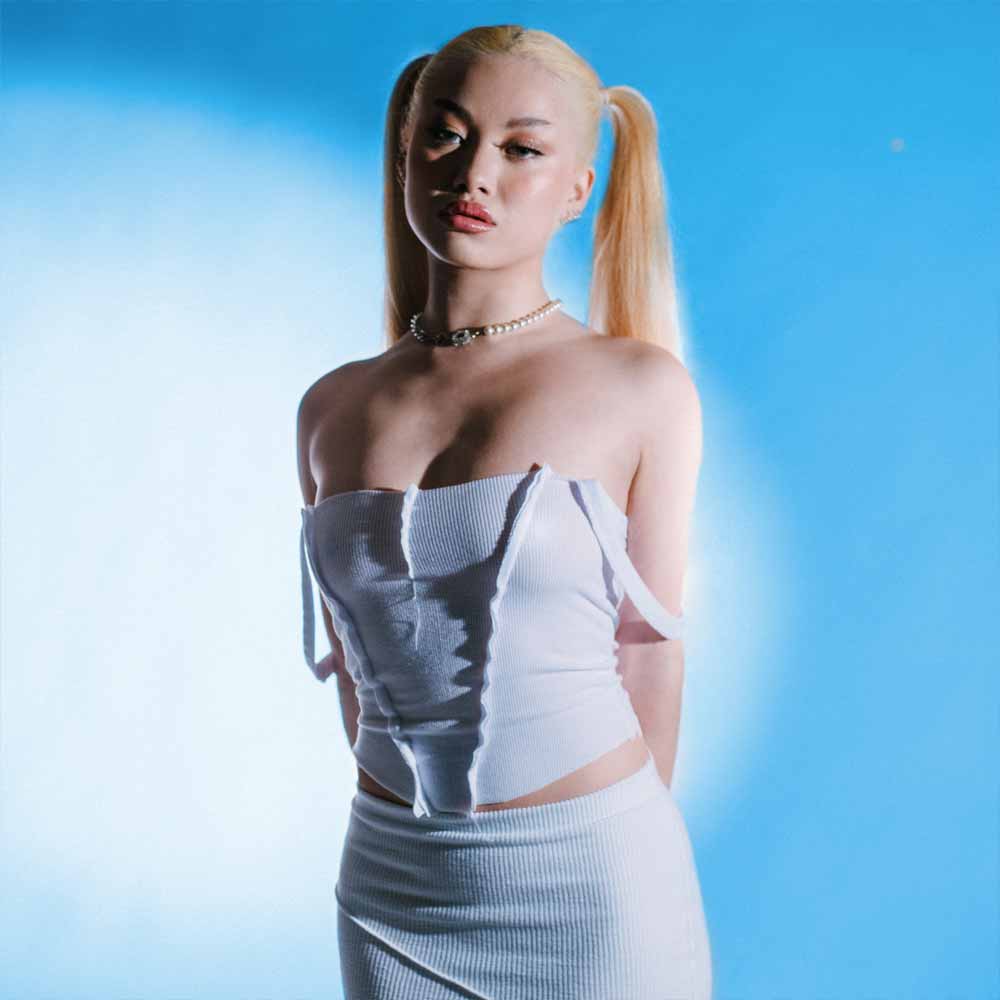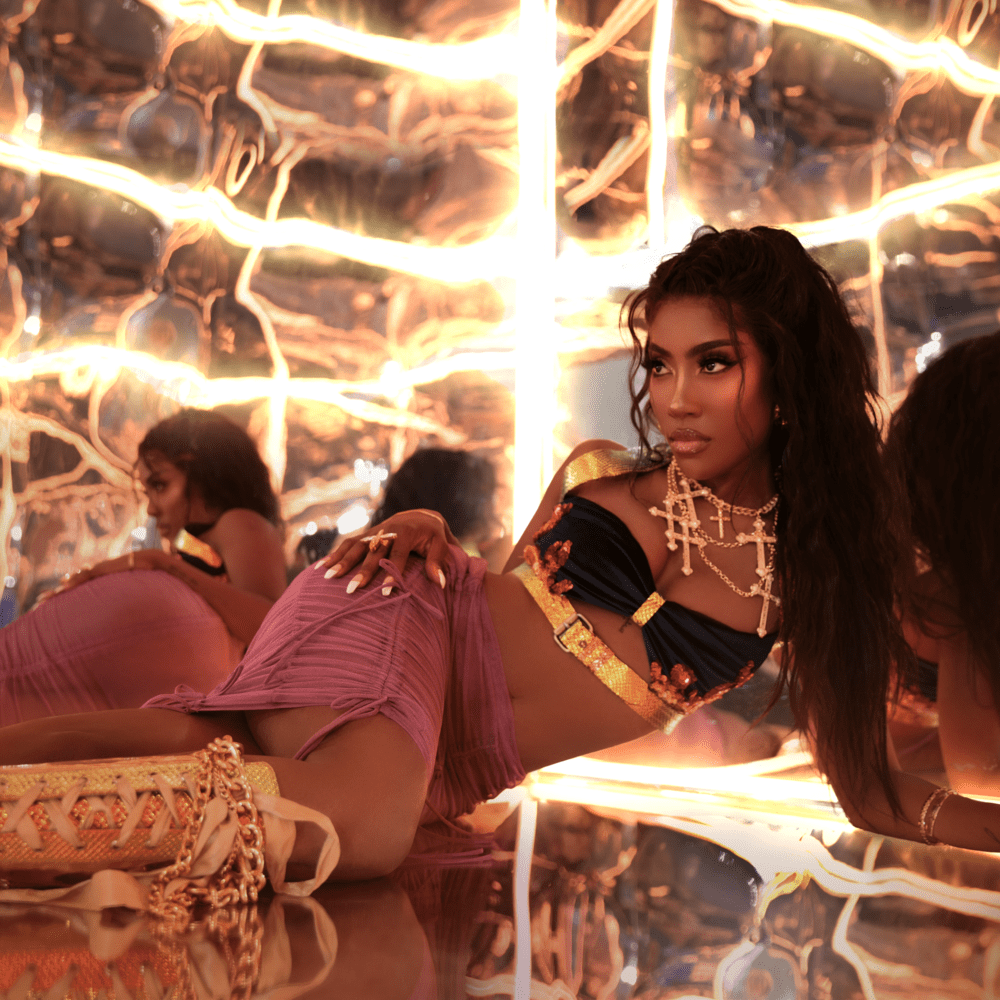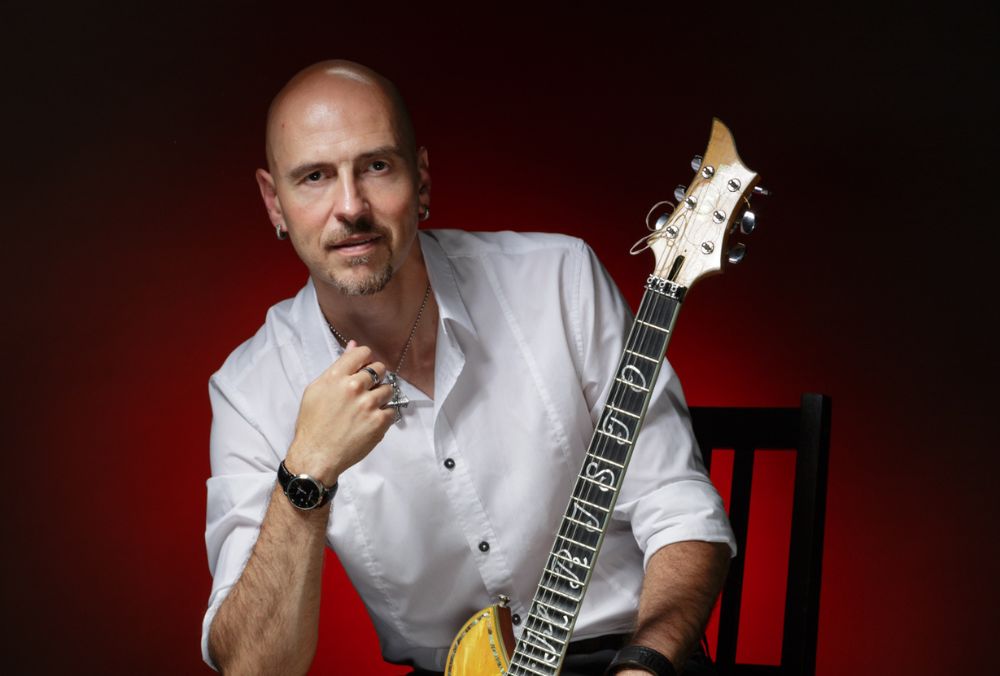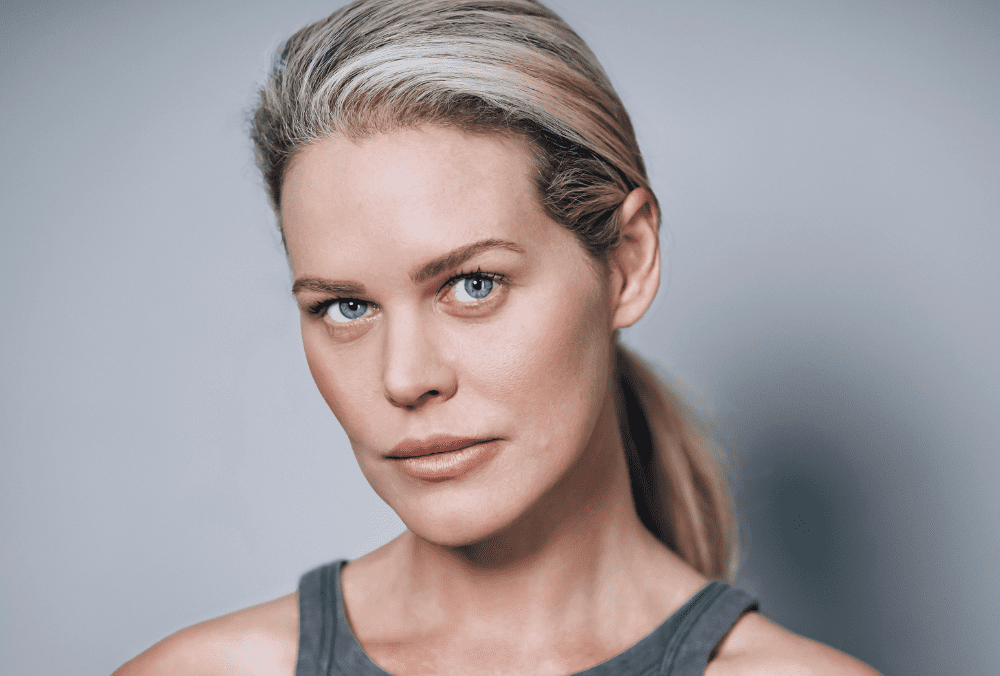On Friday (September 17), Ghanaian rapper D-Black took to his Twitter to express his feelings about an Apple Music editorial playlist, ‘Top 100: Ghana’, consisting of “the most-played songs in Ghana, updated every day.”
You’re probably asking yourself, “What’s the problem?” At the time, eighteen songs out of the Top 20 were made by Nigerian artists. The Accra-born rapper’s statement isn’t a slight to the American music and video streaming service, per se, or Nigerians. The ‘Enjoyment Minister’ as the song order on the playlist is based on stream counts from the region. An Apple Music editor does not curate the playlist.
Ei Ghana! Our TOP 20 Songs on apple music are 18 Nigerian songs !!? Awurade !!! Like 🥲 How do we touch the rest of the world if it doesn’t start from home ? Sigh 🙏🏽 pic.twitter.com/FMPDGykzfT
— Mr. Desmond Blackmore (@DBLACKGH) September 17, 2021
What is D-Black’s point? He believes that most Ghanaian artists cannot take off the way artists from other African regions do if Ghanaian pride isn’t driving the stream counts up to support the home base.
Is he wrong? Is he right? I am not from Ghana, nor is my company based in West Africa, but I know how to spread the word about music and take necessary steps towards solving a problem.
Here’s a list of nineteen songs (in alphabetical order) made by Ghanaian artists you can stream now without further ado. If you want to view the content we’ve supported by other Ghanaian artists, visit this link.
Amaarae – Sad Girlz Luv Money featuring Moliy
Black Sheriff – Second Sermon
BRYAN THE MENSAH – Problem No Dey Finish
D-Black – Kiss and Tell featuring Akwaboah
EL – Baba Dey
Gasmilla – Keke
Gyakie – Need Me
Kelvin Boy – Clean
KiDi – Touch It
Kofi Jamar – What I Mean
Kwesi Arthur – Winning featuring Vic Mensa
Larruso – The Truth featuring M.anifest
M.anifest – La Vida
Mr Drew – Shuperu featuring KiDi
Quamina MP – Kenkey Seller featuring Medikal
Sarkodie – Rollies and Cigars
Shatta Wale – Hmmm Chale featuring Ara-B
Stonebwoy, Focalistic – ARIBA
Yaw TOG – Fake Ex
iMullar, a Ghana-based entertainment company that GRUNGECAKE often collaborates with, has put its best foot forward when it comes to pushing Ghana’s next up. Still, it doesn’t seem like the company is championed by Ghanaians, established and otherwise. Hopefully, that will begin to change with time.








